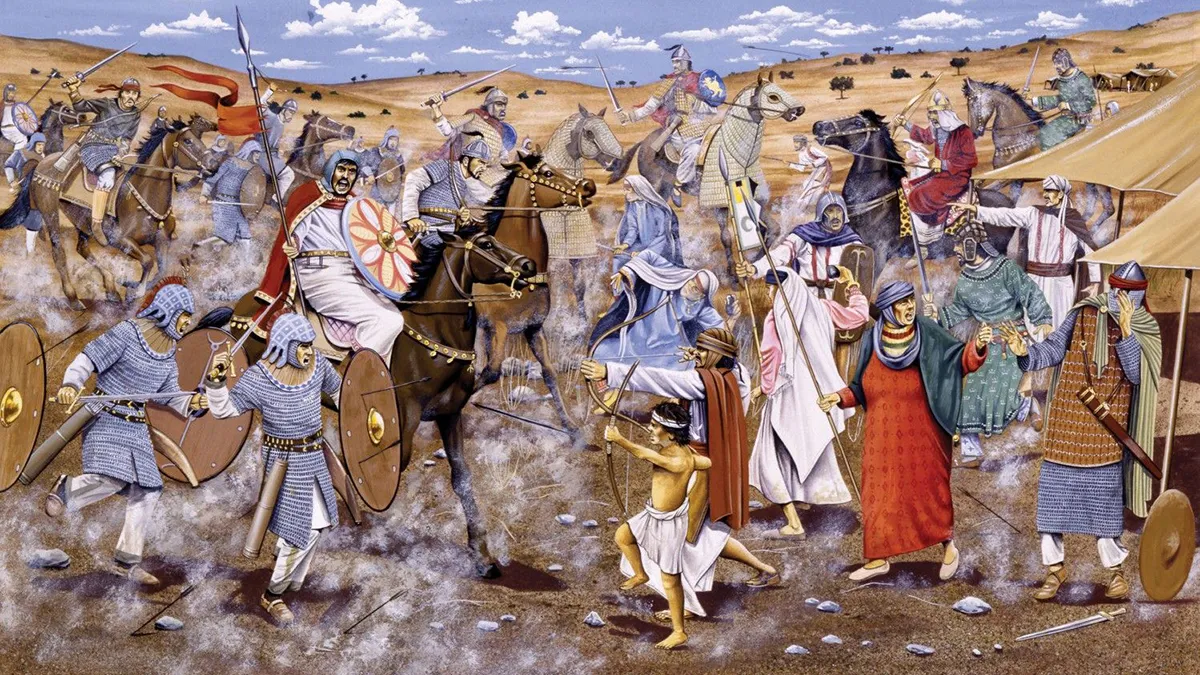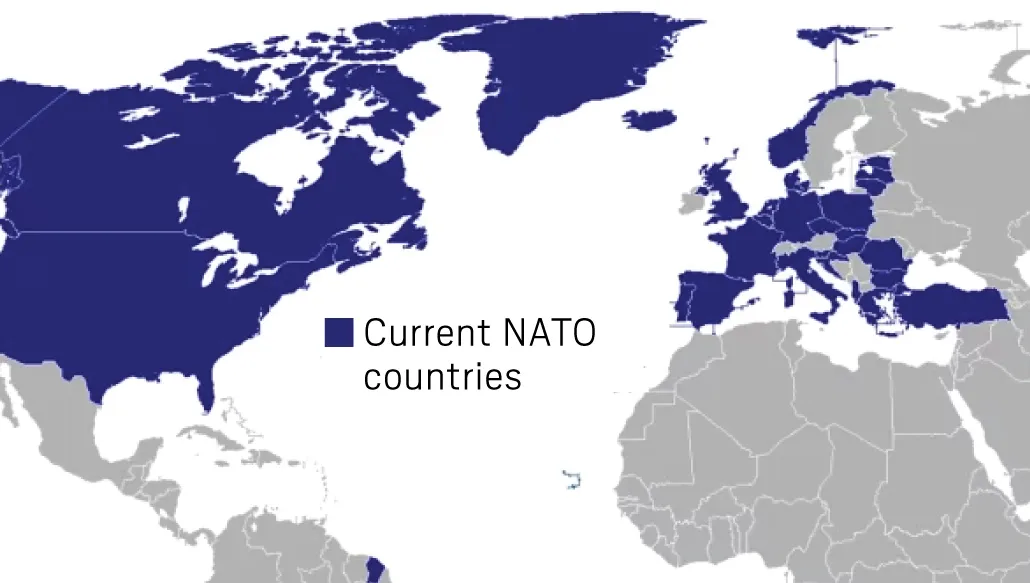Table of Contents
Steven Pinker’s The Better Angels of Our Nature: Why Violence Has Declined, somewhat ironically perhaps, provoked a violent reaction in some circles. Mostly, it seems, people are so utterly convinced that they’d never seen such days as these that the very suggestion that human violence might have declined over the course of history is simply unthinkable.
One of Pinker’s stronger claims was that the causes of war in the past had lost their potency over time. With the Ukraine War raging, that may seem to be a ludicrous proposition — but Steve Sailer argues that, in at least one case, it’s very true: “the age of wars of conquest is drawing to a close”.
In fact, Sailer argues, the Ukraine War is a textbook case.
As we have seen in modern history, the love of one’s own country remains a strong motivator for soldiers. Regardless, indeed often in spite of, their government, men will fight to the death to defend their homeland. In WWII, it was as true of black American men who fought bravely in a military that was still segregated, as it was of Soviet soldiers who were as brutalised by their own government as by the Nazi invaders.
Leaving aside the fog of war and propaganda, the Russian army has performed much better against a superior foe than mainstream media are willing to admit, but at the same time, there is little doubt that even Ukrainian neo-Nazis who presumably would have little love for their part-Jewish leader, have fought fiercely against the invaders.
When it comes to seizing and holding land in Ukraine, the average Russian soldier’s heart just isn’t in it.
But why should it be? After all, unlike Patrick Swayze’s guerrilla in Red Dawn, the poor Russian doesn’t live there.
That the modern male is less interested in conquest than his progenitors were seems like a general pattern. Men will still fight bravely for their homelands or for what they see as a good cause, but less so to raise their flag over their neighbor’s fields.
As Sailer argues, recent history has seen a trend that invasion and conquest generally returns less reward than it costs.
A millennium ago, though, if you were, say, William the Conqueror, the profit to you and your Norman allies from conquering England was considerable: You took the Anglo-Saxon lords’ land and serfs. Today, all these centuries later, your descendants, Englishmen with Norman surnames, are higher class on average than those with English surnames.
As Dark Age “roving bandits” became feudal warlords with prosperous estates, their view turned inward. At the same time, though, prosperous kingdoms were able to afford bigger armies — which left them with the problem of how to motivate their standing armies. As Cersei points out in A Game of Thrones, it’s one thing to ask men to fight for the lord they know intimately, but why would men recruited from a province to join a standing army fight for a king they’ve never met? Meanwhile modern warfare just got more destructive, deadly and all-round miserable for those fighting it.
More importantly, the evolving economic structure made war less desirable.
Around 1900, perceptive analysts such as Polish financier Jan Gotlib Bloch in The Future of War and British journalist Norman Angell in The Great Illusion argued that war didn’t make economic sense anymore. Angell wrote:
If credit and commercial contract are tampered with in an attempt at confiscation, the credit-dependent wealth is undermined, and its collapse involves that of the conqueror; so that if conquest is not to be self-injurious it must respect the enemy’s property, in which case it becomes economically futile. Thus the wealth of conquered territory remains in the hands of the population of such territory. When Germany annexed Alsace, no individual German secured a single mark’s worth of Alsatian property as the spoils of war…. For a modern nation to add to its territory no more adds to the wealth of the people of such nation than it would add to the wealth of Londoners if the City of London were to annex the county of Hertford.
Of course, it’s generally argued that the outbreak of WWI just months after the publication of Angell’s book thoroughly disproved his thesis. In fact, WWI was as catastrophic for all concerned as Angell had argued. Angell’s only fault was underestimating the stupidity of princes.
It might be argued that conquest still has rewards in resources and lebensraum. But such an idea requires a willingness to genocide the conquered, and also ignores the realities of a modern industrial, capitalist society.
Adolf Hitler came up with a more direct plan for how Germans would benefit from conquering Eastern Europe next time […] Nazi Germany would steal the land for German farmers and enslave, expel, or starve the Slavs.
Hitler never seemed to realize that his Malthusian worldview had been rendered obsolete by the invention just before WWI of the Haber-Bosch process for manufacturing cheap nitrogen fertilizer. Germans didn’t actually need vastly more land to support their growing population because agricultural productivity per acre was growing so fast.
Takimag
For much of human history, the basic drive to conquest has been food and other resources. In an age where, contemporary politically-induced supply-chain issues aside, humans have more food than ever, we’re literally less hungry for conquest.









